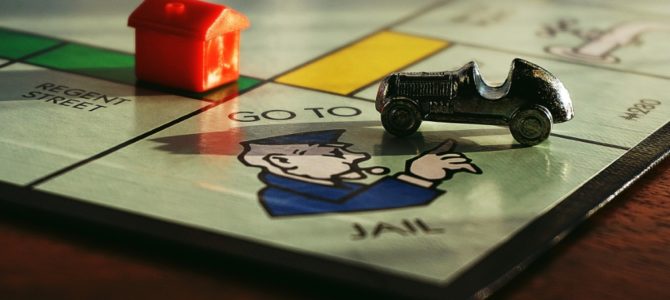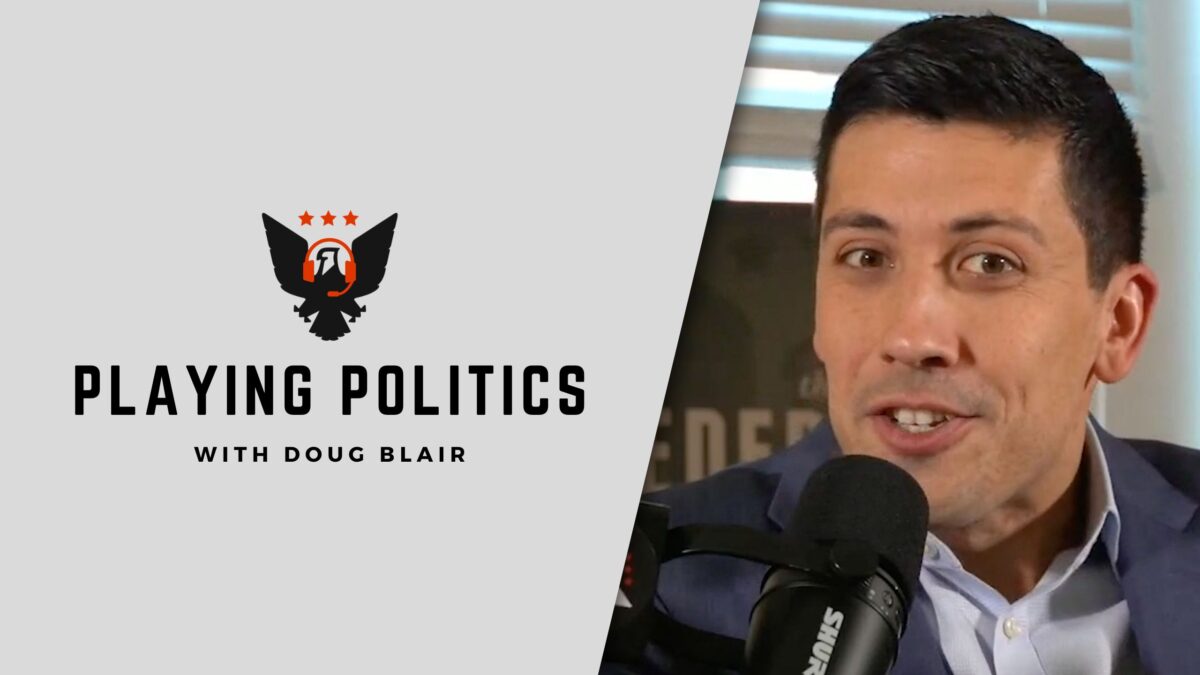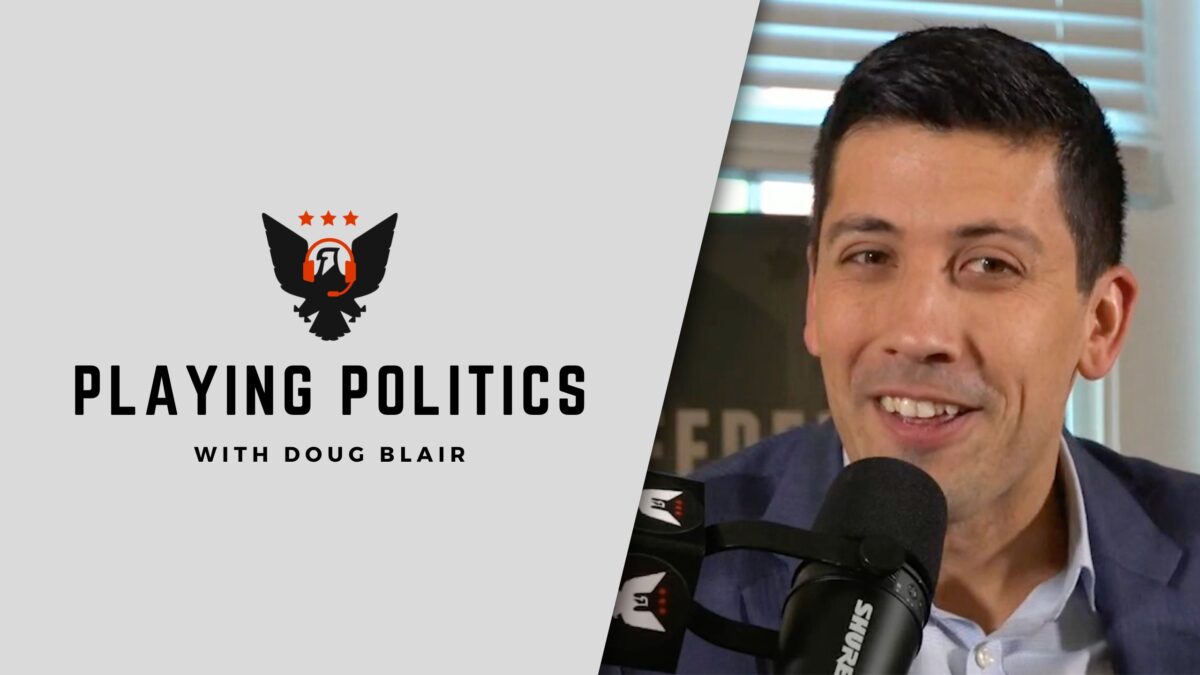
As if enough other institutions of American life and society hadn’t come in for scrutiny of late, Monopoly has pledged an effort to “update” its design. Hasbro, the toy company that produces the popular board game, recently announced it will update the Community Chest cards, based on a poll in which the public can vote on “what community means to them.”
The Monopoly game has changed before. Most notably, upon inheriting rights to the game from Parker Brothers in the 1990s, Hasbro began adding to and subtracting from the 10 classic player tokens present in all games from 1943 to 1998.
But in recent years, Hasbro has also attempted to introduce leftist politics into Monopoly. In 2018, its Monopoly for Millennials told players to “forget real estate. You can’t afford it anyway,” offering “experiences” like couchsurfing instead.
A year later, the Ms. Monopoly game generated a controversy Hasbro might rather forget. That version of the game gave female players $1,900 to start the game, and $240 when passing GO, while male players received the traditional amounts of $1,500 and $200, respectively. While Hasbro intended for the game to draw attention to the debunked gender pay gap, some commenters argued its message undermined female empowerment by arguing that women need extra advantages to succeed.
If Hasbro tries to go down the woke lane again, it likely will face demands to do far more than changing the wording of cards like “Win Second Prize in a Beauty Contest.” Here are just some of the changes the radicalized left might demand from America’s legendary board game.
Eliminate Hospital Bills
One of Monopoly’s current Community Chest cards requires players to pay $100 for a hospital bill. The card also features Rich Uncle Pennybags holding two infants, which some might view as a statement upholding a patriarchal society.
The modern left, however, wants to make health care “free” for everyone, including those not in the country legally, meaning it would cancel this card. But good luck canceling the higher taxes needed to pay for all this “free” health care.
Abolish Jail
In the current Monopoly game, landing in jail can actually help players, as late in the game, players “stuck in jail” can collect big rents from other players while not owing other players rent by landing on others’ properties. The graphic of the Monopoly character in jail (named “Jake the Jailbird”) also shows no outward sign of belonging to a racial or ethnic minority group.
Nevertheless, in the graphic shown on the Monopoly board as sending people to jail, Officer Edgar Mallory looks like a white police officer. Activists could well use that fact to demand that the game nix the concept of sending people to jail as a way to support defunding the police and abolishing the criminal justice system.
Abolish Rent
This one should speak for itself. Today’s left has gone from complaining that “the rent is too d— high” to wanting to abolish rent altogether. If they had their way, leftists would likely support changes to Monopoly that would require people who “own” properties on the game board to pay people who land on those squares, rather than the other way round.
Back to the Future?
Ironically enough, Monopoly originated in a political argument about capitalism and socialism at the turn of the 20th century. In 1903, Elizabeth Magie invented and patented The Landlord’s Game, a predecessor game to Monopoly.
As noted in a 2015 article in The New York Times, Magie’s creation sought to pay homage to Henry George, a progressive economist who advocated for land taxes as the sole means of government financing:
She created two sets of rules for her game: an anti-monopolist set in which all were rewarded when wealth was created, and a monopolist set in which the goal was to create monopolies and crush opponents. Her dualistic approach was a teaching tool meant to demonstrate that the first set of rules was morally superior.
Unfortunately for Magie, the “monopolist” rules ultimately won out in the free market of ideas. In 1932, Charles Darrow played a version of Magie’s game, modified it, and sold it as Monopoly to Parker Brothers three years later, whereupon it almost immediately became a best-seller.
The fact that a “monopolistic” game became an overnight sensation during the depths of the Great Depression should give pause to any leftist attempts to impose progressive politics on this American classic. Here’s hoping that Hasbro has learned from its earlier (failed) attempts to appease woke mobs, and won’t repeat its prior mistakes.









